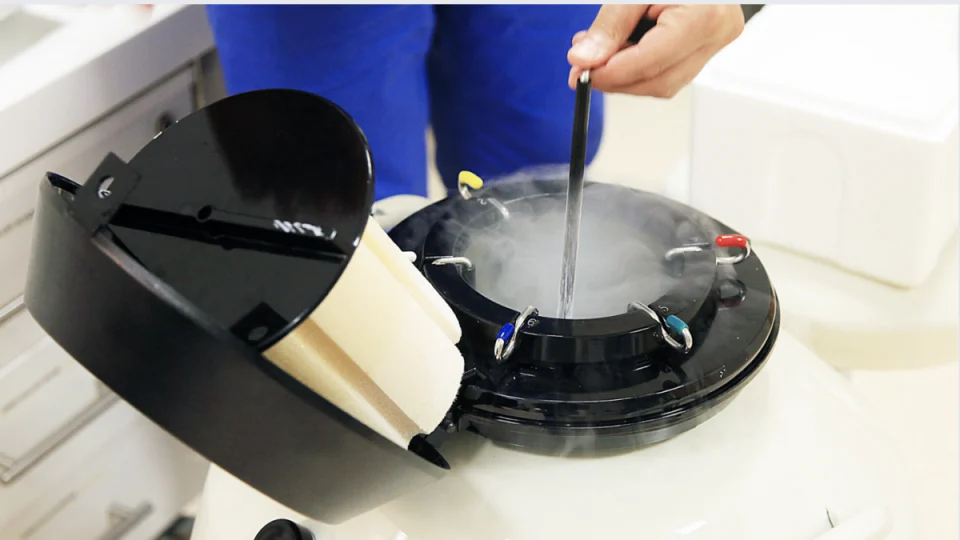 Prayer is our outstanding supernatural resource for fighting the wiles of the enemy. St. Alphonsus said, “Prayer is, beyond doubt, the most powerful weapon the Lord gives us to conquer evil … but we must really put ourselves into the prayer, it is not enough just to say the words, it must come from the heart. And also prayer needs to be continuous, we must pray no matter what kind of situation we find ourselves in: the warfare we are engaged in is ongoing, so our prayer must be on-going also.”
Prayer is our outstanding supernatural resource for fighting the wiles of the enemy. St. Alphonsus said, “Prayer is, beyond doubt, the most powerful weapon the Lord gives us to conquer evil … but we must really put ourselves into the prayer, it is not enough just to say the words, it must come from the heart. And also prayer needs to be continuous, we must pray no matter what kind of situation we find ourselves in: the warfare we are engaged in is ongoing, so our prayer must be on-going also.”
In referring to the Seven Daily Habits of Holy Apostolic People (below), Father John McCloskey writes: “These are the principal means to achieve holiness. If you are a person who wants to bring Christ to others through your friendship, these are the instruments by which you store up the spiritual energy that will enable you to do so. Apostolic action without the sacraments and a deep solid interior life will in the long run be ineffective. You can be sure that all the saints incorporated in one way or another all of these habits into their daily routine. Your goal is to be like them, contemplatives in the middle of the world.”
Seven Daily Habits
The following are based in large part on Fr. John McCloskey’s Seven Daily Habits of Holy Apostolic Peopleand include:
-
The Morning Offering
-
Mental Prayer (at least 15 minutes)
-
Spiritual Reading (at least 15 minutes)
-
Holy Mass and Communion
-
The Angelus (at noon & 6:00 PM)
-
The Holy Rosary
-
Examination of Conscience (at night)
Let’s consider some key points before we look more closely at each of these seven daily habits:
First, just like someone who is starting a daily exercise program, you don’t go out and run several miles on the first day. That would invite failure, and God wants to see you succeed. Take it easy on yourself as you incorporate these habits in your daily routine over time. Consider using the 12-Week Church Militant Boot Camp from the Church Militant Field Manual as a very effective way to get your robust interior life up and running.
Second, while gradually implementing these habits, you still want to make a firm commitment, with the help of the Holy Spirit, to make them the priority in your life — more important than meals, sleep, work, and recreation.
Third, St. Basil writes, “The reason why sometimes you have asked and not received is because you have asked amiss, either inconsistently, or lightly, or because you have asked for what was not good for you, or because you have ceased asking.” It is time to set aside the disorderly, “free-styling” way in which most of us have practiced our daily prayer life throughout our lives. The cult of the casual has become so pervasive in the world that it has seeped into our faith lives. This lack of discipline has spelled disaster for those who have ever attempted to maintain regular habits of prayer. These habits must be done when we are most alert, during the day, in a place that is silent and without distractions, where it is easy to put ourselves in God’s presence and address Him. Schedule your prayer or it will never happen.
Fourth, Father McCloskey points out that “living the seven daily habits is not a zero sum game. You are not losing time but rather, in reality, gaining it. I have never met a person who lived them on a daily basis who became a less productive worker as a result, or a worse spouse, or who had less time for his friends, or could no longer grow in his cultural life. Quite the contrary, God always rewards those who put Him first. Our Lord will multiply our time amazingly as He did with those few loaves and fishes that fed the multitude with plenty left over.”
Morning Offering: This is a prayer that lets you begin by offering up your entire day for the glory of God. While there are many formulas for this short prayer, I recommend the vintage version that includes a plea to seek the indulgences offered that day. St. Josemaria Escriva also encourages us to get up on the dot: “Conquer yourself each day from the very first moment, getting up on the dot, at a set time, without granting a single minute to laziness. If with the help of God, you conquer yourself in the moment, you have accomplished a great deal for the rest of the day. It’s so discouraging to find yourself beaten in the first skirmish.” This is called the “heroic moment” and gives us the physical and spiritual energy throughout the day to stop what we are doing in order to live the other habits. Once your feet hit the ground, speak the words “I will serve!” (or Serviam, in Latin).
Mental Prayer (15 minutes): This is “face time,” the “one thing necessary” (unum necessarium) that constitutes the essential foundation for the interior life. This prayer is simply one-on-one direct conversation with Jesus Christ, preferably before the Blessed Sacrament in the tabernacle.
Spiritual Reading (15 minutes): This refers to the systematic reading of Sacred Scripture known as Lectio Divina as well as the classic understanding of spiritual reading that is devoted to the reading of lives of saints, writings of Doctors and the Fathers of the Church, and other works written by holy people. As St. Josemaria Escriva puts it, “Don’t neglect your spiritual reading. Reading has made many saints.”
Hear Daily Holy Mass and Receive Holy Communion: This is the most important habit of all the seven. As such, it has to be at the very center of our interior life and consequently our day. St. Peter Julian Eymard tells us to “hear Mass daily; it will prosper the whole day. All your duties will be performed the better for it, and your soul will be stronger to bear its daily cross. The Mass is the most holy act of religion; you can do nothing that can give greater glory to God or be more profitable for your soul than to hear Mass both frequently and devoutly. It is the favorite devotion of the saints.”
Angelus (or Regina Coeli): This is the very ancient Catholic custom that has us stop what we are doing to greet our Blessed Mother for a moment (6:00 a.m., noon, 6:00 p.m. daily), as any good child remembers his mother during the day, and to meditate on the Incarnation and Resurrection of our Lord, which give such meaning to our entire existence. The Regina Coeli is said during the Easter season. The Angelus is said during the rest of the year.
Holy Rosary: As St. Josemaria Escriva puts it, “For those who use their intelligence and their study as a weapon, the Rosary is most effective, because this apparently monotonous way of beseeching Our Lady, as children do their mother, can destroy every seed of vainglory and pride.” Fr. McCloskey reminds us, “by repeating words of love to Mary and offering up each decade for our intentions, we take the shortcut to Jesus, which is to pass through the heart of Mary. He cannot refuse her anything!” Pope Pius IX once said, “Give me an army saying the Rosary and I will conquer the world.”
Nightly Examination of Conscience: Take a few minutes just before bed to review your day asking, “How have I behaved as a child of God?” It’s also a great time to look at that “dominant fault” you need to improve upon in order to become a saint. Conclude these few minutes of reflection by praying three Hail Marys for purity and then pray the “Act of Contrition.”
https://www.romancatholicman.com/prayer-powerful-weapon-2/



 Prayer is our outstanding supernatural resource for fighting the wiles of the enemy. St. Alphonsus said, “Prayer is, beyond doubt, the most powerful weapon the Lord gives us to conquer evil … but we must really put ourselves into the prayer, it is not enough just to say the words, it must come from the heart. And also prayer needs to be continuous, we must pray no matter what kind of situation we find ourselves in: the warfare we are engaged in is ongoing, so our prayer must be on-going also.”
Prayer is our outstanding supernatural resource for fighting the wiles of the enemy. St. Alphonsus said, “Prayer is, beyond doubt, the most powerful weapon the Lord gives us to conquer evil … but we must really put ourselves into the prayer, it is not enough just to say the words, it must come from the heart. And also prayer needs to be continuous, we must pray no matter what kind of situation we find ourselves in: the warfare we are engaged in is ongoing, so our prayer must be on-going also.”



